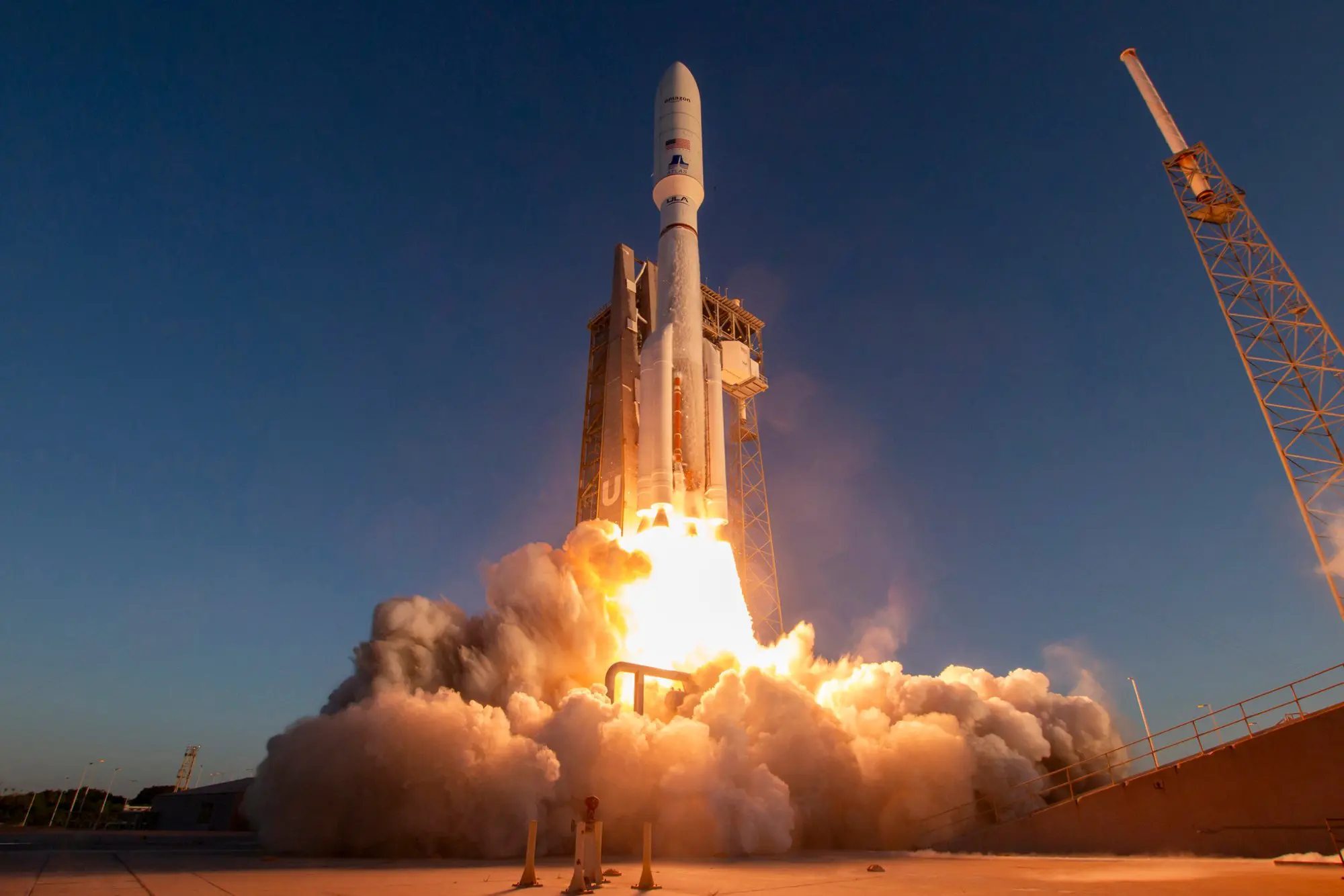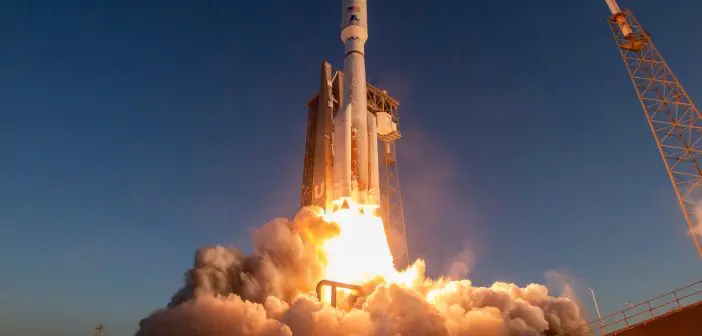
Amazon’s slow roll out of Project Kuiper will see it miss a deadline to deploy over 1,500 satellites by the end of July 2026. So far, the company has yet to achieve 5% of this target.
The e-commerce and logistics company has worked for over five years to bring high-speed broadband connectivity to customers worldwide. Dubbed Project Kuiper, the service will offer an alternative to SpaceX’s Starlink internet service.
In 2020, the US Federal Communications Commission (FCC) granted Amazon a licence for its 3,226 first-generation Ka-band satellite constellation. That licence, modified in 2023, imposes a raft of performance and environmental criteria. Among them, is a requirement for Amazon to fully deploy the 3,000 plus satellites by the end of July 2029.
More pressing for Amazon, half that number (1,613) must be deployed and operational by the end of July 2026.
This week, Amazon got a little closer to the target. Late on June 23 (AEST), a United Launch Alliance (ULA) Atlas 5 rocket launched carrying 27 Amazon satellites into low Earth orbit. It takes the tally of Project Kuiper internet satellites in orbit to 54.
“ULA deployed the satellites at an altitude of 450 kilometres above Earth,” reads an Amazon statement. The company says its team completed routine vehicle health checks before raising the satellites to their assigned orbit of 630 kilometres above Earth.
An Atlas 5 rocket also carried the first batch of 27 Project Kuiper satellites into orbit in late April. Amazon says it will take around 80 launches to deploy its full complement of planned satellites into orbit.
Amazon has six more ULA Atlas 5 rocket launches booked. However, neither ULA nor Amazon has said when the next batch of Project Kuiper satellites will head into orbit. ULA’s next launches will carry military payloads rather than Amazon’s satellites.
Amazon has also booked 38 Vulcan rocket launches. These rockets, also manufactured by ULA, are larger than the Atlas 5 rockets. Vulcan rockets can carry 45 Project Kuiper satellites into space, whereas the Atlas 5 rockets can carry 27. While declining to be pinned down on dates, ULA has indicated a Vulcan rocket will ferry the next batch of Amazon satellites will be carried into orbit.
Amazon has also booked eighteen Ariane 6 rocket launches with Arianespace, twelve New Glenn launches with Blue Origin, and three Falcon 9 launches with SpaceX. However, none of these companies have said when they will take the first Project Kuiper satellites into space.
Last week, Rajeev Badyal, Amazon’s Technology VP, was upbeat about Project Kuiper’s prospects. He said the quick turnaround from the April launch was encouraging. But Amazon needs to increase the launch tempo to meet next July’s deadline.
However, few industry insiders expect the company to be able to do this. Instead, Amazon will likely ask the FCC for an extension of time. There is little chance the FCC will deny this.
Amazon has demonstrated the ability to start Project Kuiper and has committed to spending USD10 billion on developing and rolling it out. There is also a growing awareness in the US and elsewhere that letting SpaceX monopolise internet satellite services is undesirable from a competition point of view. With this in mind, the FCC is unlikely to do anything to impede the rollout of Project Kuiper.





